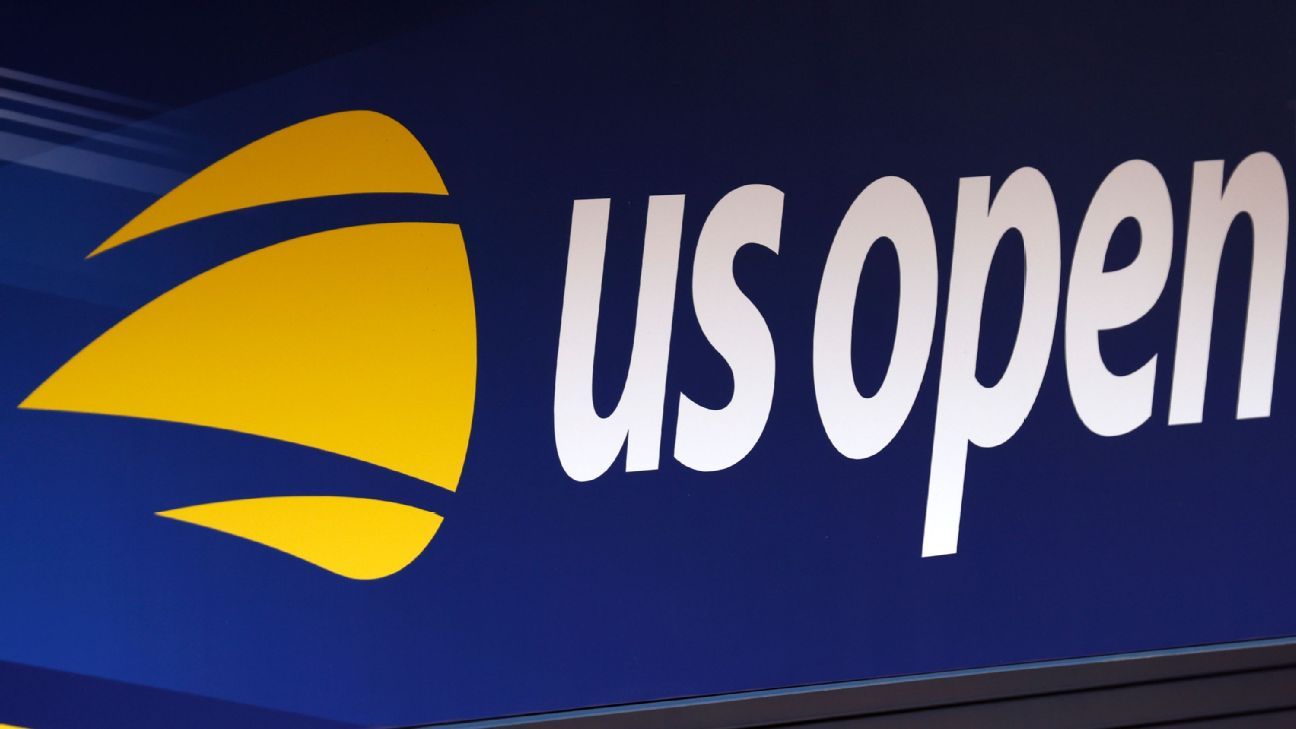Sports
Players Voice Concerns Over US Open’s Sunday Start

The US Open has officially adopted a Sunday start for its tournament, a move that has sparked mixed reactions among players. This change follows a similar shift made by the French Open nearly two decades ago and will now see the tournament extended to 15 days of singles competition. While the event drew crowds on its inaugural Sunday, several players have expressed their dissatisfaction with this new schedule.
Jordan Thompson, an Australian ranked as high as No. 26 in singles and No. 3 in doubles, was vocal about his opposition to the Sunday start. “I hate the Sunday start,” he stated. “Tournaments don’t start on Sunday; they finish on Sunday. Pretty sure no player would like [it], particularly me.” Thompson was set to face Corentin Moutet on the opening day at Flushing Meadows, where the decision to add an extra day of competition is seen by many as a financial strategy to boost ticket sales.
Jessica Pegula, the No. 4 seed and a finalist at the US Open in 2024, also criticized the change. “I’m not really a fan of it. I don’t know why they had to make it even longer. Well, I know why they did it—they get to sell tickets for an extra day,” Pegula remarked ahead of her match against Mayar Sherif in Arthur Ashe Stadium. “I don’t think a lot of the players were for it, especially those who play the week before a Slam. It makes everything a little longer and a little harder.”
This shift, enacted by the U.S. Tennis Association (USTA), aligns with similar changes made by the French Tennis Federation, which initiated Sunday starts in 2006, and the Australian Open, set to adopt the same format in 2024. The only Grand Slam tournament that continues to commence on a Monday is Wimbledon.
Pegula highlighted a broader issue regarding player input in decision-making processes within tennis. “A lot of times, they ask for player feedback and when we do [respond], they don’t listen to anything we say,” she noted. She is among 20 players who signed a letter in March directed at Grand Slam organizers, urging for improved communication, greater contributions to player welfare, and a higher share of revenue. “The way they go about announcing these things, sometimes players aren’t aware,” she added.
The timing of this change comes as players have voiced concerns about the increasing length of non-Slam tournaments, which now often exceed a week. Officials in charge of tennis cite higher prize money as a rationale for these extended formats. This year’s US Open features a record prize pool of $85 million, including $5 million for each singles champion.
USTA spokesman Brendan McIntyre defended the decision, stating that adding a 15th day of singles provides more fans the chance to witness main draw competition in person and allows for greater television viewership on weekends. Despite this justification, players like Thompson, two-time US Open semifinalist Frances Tiafoe, and Matteo Arnaldi of Italy regard the Sunday start as detrimental to the tournament’s rhythm.
Tiafoe, seeded No. 17 and playing his first match on Monday, acknowledged the financial logic but expressed concern about the impact on player performance. “Why not? If you can make money on a day and get the guys out there, and we’re already all here anyway [on what used to be] kind of a dead day … it’s not a bad thing. But the two days off that early in a Slam? It’s a little weird,” he said.
As the tournament continues, the debate around the Sunday start will likely persist, reflecting broader tensions between player interests and organizational strategies in the sport.
-

 Politics4 weeks ago
Politics4 weeks agoSecwepemc First Nation Seeks Aboriginal Title Over Kamloops Area
-

 World5 months ago
World5 months agoScientists Unearth Ancient Antarctic Ice to Unlock Climate Secrets
-

 Entertainment5 months ago
Entertainment5 months agoTrump and McCormick to Announce $70 Billion Energy Investments
-

 Science5 months ago
Science5 months agoFour Astronauts Return to Earth After International Space Station Mission
-

 Lifestyle5 months ago
Lifestyle5 months agoTransLink Launches Food Truck Program to Boost Revenue in Vancouver
-

 Technology3 months ago
Technology3 months agoApple Notes Enhances Functionality with Markdown Support in macOS 26
-

 Lifestyle3 months ago
Lifestyle3 months agoManitoba’s Burger Champion Shines Again Amid Dining Innovations
-

 Top Stories2 months ago
Top Stories2 months agoUrgent Update: Fatal Crash on Highway 99 Claims Life of Pitt Meadows Man
-

 Politics4 months ago
Politics4 months agoUkrainian Tennis Star Elina Svitolina Faces Death Threats Online
-

 Sports5 months ago
Sports5 months agoSearch Underway for Missing Hunter Amid Hokkaido Bear Emergency
-

 Politics5 months ago
Politics5 months agoCarney Engages First Nations Leaders at Development Law Summit
-

 Technology5 months ago
Technology5 months agoFrosthaven Launches Early Access on July 31, 2025

















